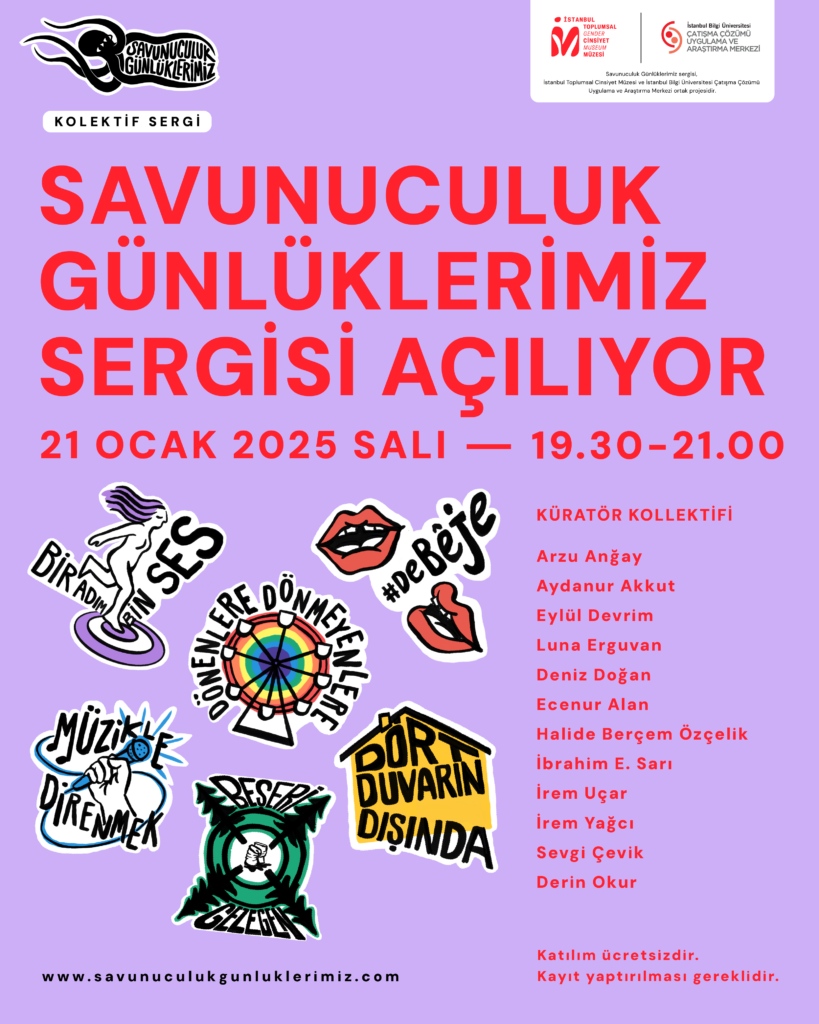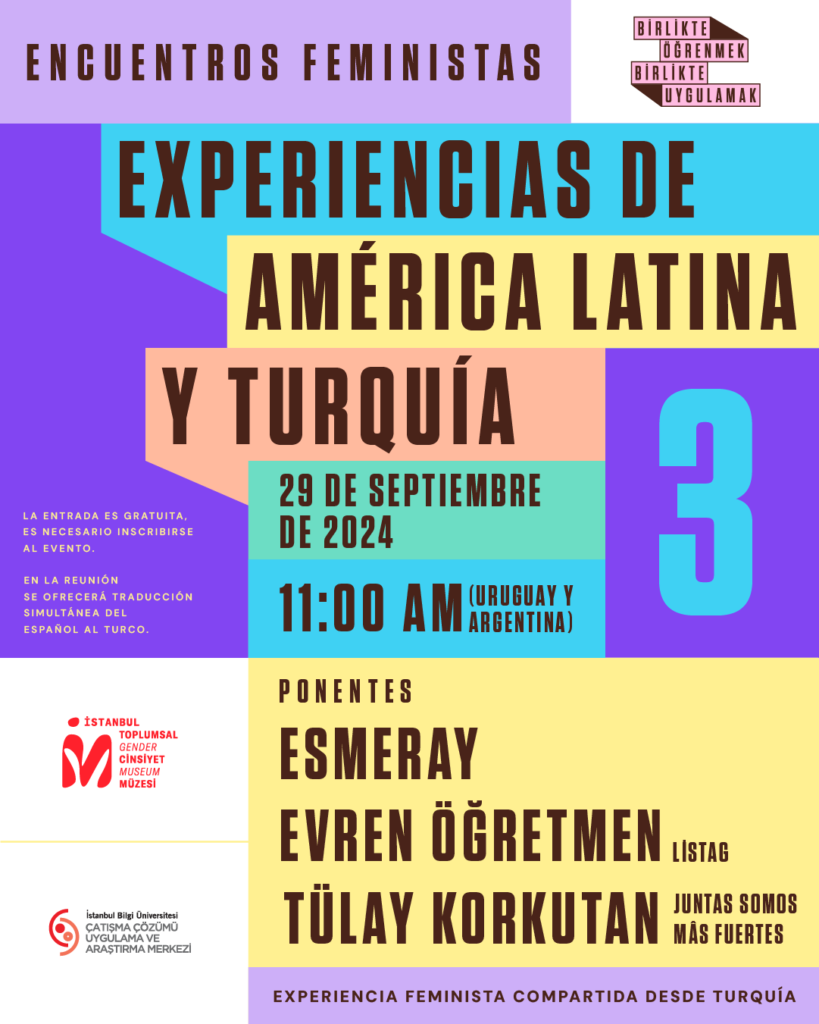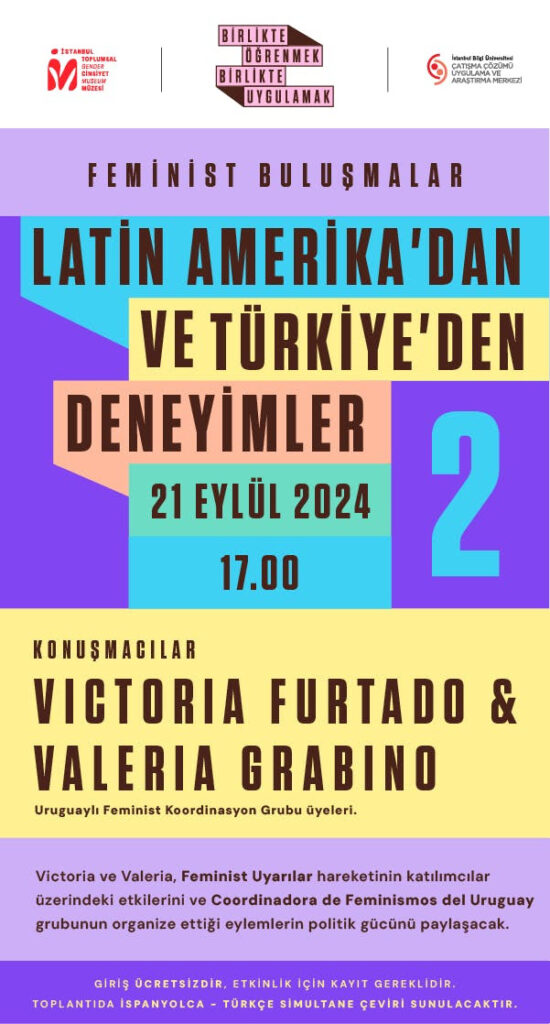Virtual Panel Session, October 1, 2022
16.00 – 17.30 (Istanbul, UTC+3)
Turkish, English(simultaneous interpretation will be provided)
Moderation
Gülistan Atasoy
Member of SES (Health and Social Services Employees’ Trade Union)
This panel session will be organized in the context of the virtual exhibition “We were, We are, We will be!” on the gender equality struggle of women activists of the Turkish Public Workers Union Confederation (KESK). One of the KESK’s distinguishing features is the active participation of KESK women in the trade union movement. KESK women did much to motivate the participation of thousands of women from the public sector in the union struggle with their unique methods that went beyond union halls and formal organising methods, reaching out to “private life”. They succeeded in developing a sensitivity and political stance against gender discrimination. Three factors led to the KESK women’s success: their experiences gained in their struggle; the fact that they shared their experiences with each other; and that they transformed themselves and each other while working together. In this panel session, women who participated in different areas of the trade union movement in different time periods will share their experiences in their – intersectional – struggle.
Moderation
Gülistan Atasoy
Member of SES (Health and Social Services Employees’ Trade Union
Opening Speech
Meral Akkent, İstanbul Gender Museum, Curato
Panelists
Nurşen Yıldırım
Member of Eğitim Sen (Education and Science Workers’ Union)
“Struggling for gender equality in a male-dominated arena: Women’s gender equality struggle during the establishment of KESK”
Elif Akgül
Member of Eğitim Sen (Education and Science Workers’ Union)
“Women are powerful when they are acting together: KESK women’s gender equality struggle in the 2000s”
Canan Çalağan
Member of Eğitim Sen (Education and Science Workers’ Union)
“Equality, justice, peace and freedom: The multi-dimensional struggle of KESK women”
Şaziye Köse
Member of Eğitim Sen (Education and Science Workers’ Union)
“The heritage of struggle left to the future: What have KESK women achieved, what they haven’t?”
Discussion and closure




